The Global DIY Summit started in Vienna in 2011 with several hundred participants. Now, around a thousand participants attend every year. What do they expect from this conference – and what do they get?
John Herbert: The Global DIY Summit organised by Edra/Ghin and Hima has always been very successful – more successful than I could have expected. The reason is that we have found the right mix: networking – that's the most important thing – the programme, the atmosphere, the location, and I would even say details such as the food.
All of this contributes to our reputation. What you don't need is too much content, too many presentations and, as a result, too little opportunity for networking. However, the secret to our success is that we have been able to attract the top people, the C Group. All the CEOs of all the major DIY store operators around the world – with the exception of the USA – come to our summit. And not only them: the purchasing managers come too, and that's why the suppliers come as well. The fact that we bring sponsors together with top retailers at the gala dinner, for example, is a perfect example of networking at its very best – and that's how it's perceived.
But of course it's also important to have top speakers. Iñaki Maillard, Managing Director of the Global DIY Summit and head of the FEK organisation team, does a wonderful job of bringing top people to the summit – so they come.
And then we have some truly spectacular locations. I'm thinking of Guildhall in London or Real Madrid's stadium, where we stood on the pitch a week after the end of the season and were able to hold the trophy in our hands. Then there's the hall in Stockholm where the Nobel Prizes are awarded. So: it's a highlight, it's detail work, it's top-end, it's not cheap, but it has substance, and it's obviously worth it to people. They wouldn't come every year if they weren't completely satisfied.

What are the criteria for selecting speakers and topics?
We look at the previous congress and analyse what the most important topics are. This year, for example, AI is on the agenda, along with all the trends following the coronavirus pandemic: What are companies doing online? What are they doing in online marketplaces? How are they using their own brands? What product ranges are they choosing?
At the summit, we can talk about trends and then select the most important topics for the next year. In addition, we visit all the trade fairs we recommend, up to ten a year, and there we also listen and talk to people. Iñaki Maillard really knows what's going on in the industry.
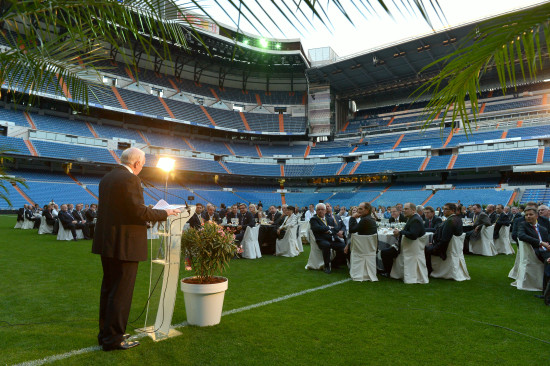
Consumer behaviour and preferences, government requirements, regulations and taxes all differ from country to country. Why can DIY store operators from all over the world still learn from each other?
That has been the reason for Edra/Ghin's success from the very beginning: learning from each other. It's fantastic how many people from the industry have met, talked to each other and learned from each other.
Take Scope 3, which is what we are currently working on and which I think is a good thing. We are probably the only retail industry in the world that can boast such a global presence with its members. We have already managed to involve members in 34 countries in a Scope 3 process to decarbonise our industry. And even the top retailers and top suppliers, who are already further ahead in terms of regulations and calculating their carbon footprint, have all said how good it is to be part of this industry initiative, 'Make it zero', where everyone can learn from each other. They say, 'The opportunity to talk to colleagues in top management at retailers and manufacturers is a huge benefit for us.' I am particularly proud of that. Because the Scope 3 initiative has really shown what this network brings to the entire DIY community.
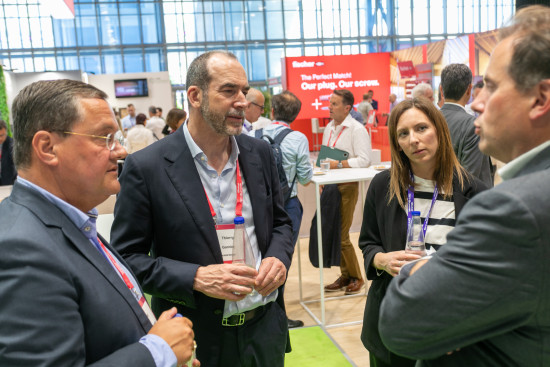
What is your personal highlight at this year's summit?
My highlight every year is when people go home and say, 'Wow, that was a really good conference.' That's why we have to make sure that the presentations are excellent, that the atmosphere is pleasant, that the food is good, that we always have a top location, a great gala dinner with the award ceremony – all of that makes people say, 'It was great.' Our goal has never been to make a profit. We've always wanted to make it as perfect as possible.
What is your personal motivation for getting such a large project off the ground year in, year out?
The motivation is to be as perfect as possible, to offer value for money and top-notch service. That's what makes you happy. When the participants, our customers, are happy, we are too.
Deep down, you're still a salesman, aren't you?
Of course. For 69 years. And I'm still alive, fit and feeling good – because I chose such a great profession.

 Menü
Menü




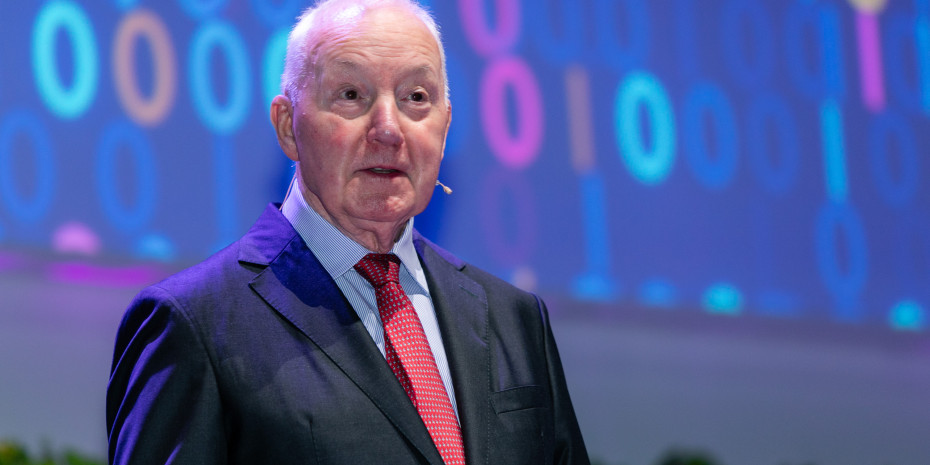
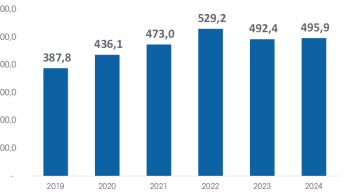

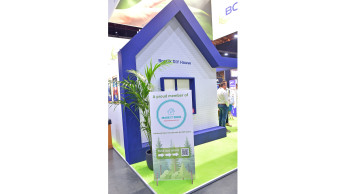

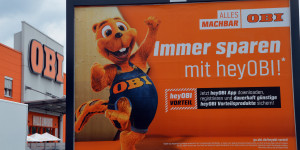


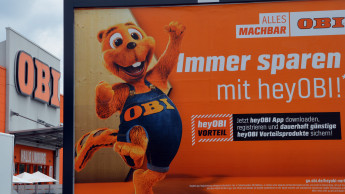
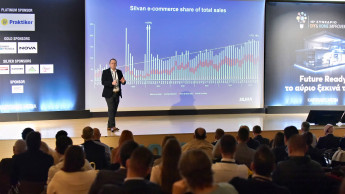
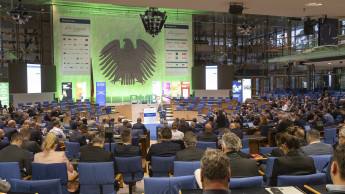
 Newsletter
Newsletter